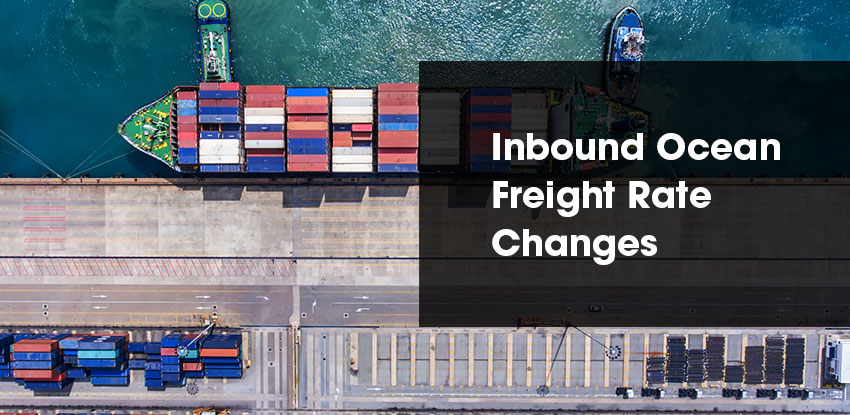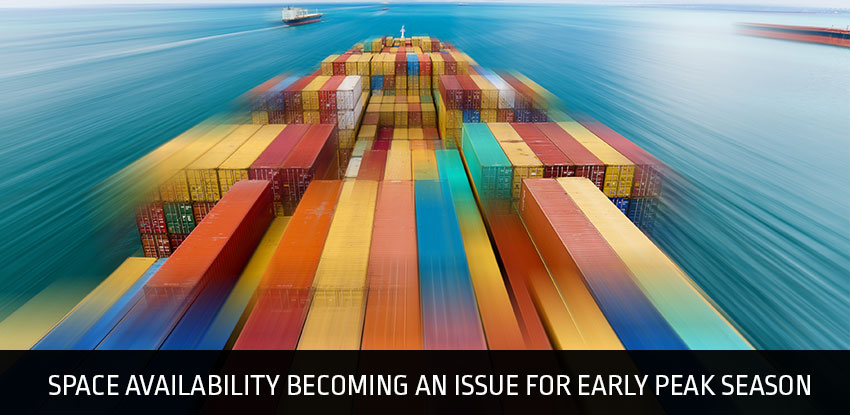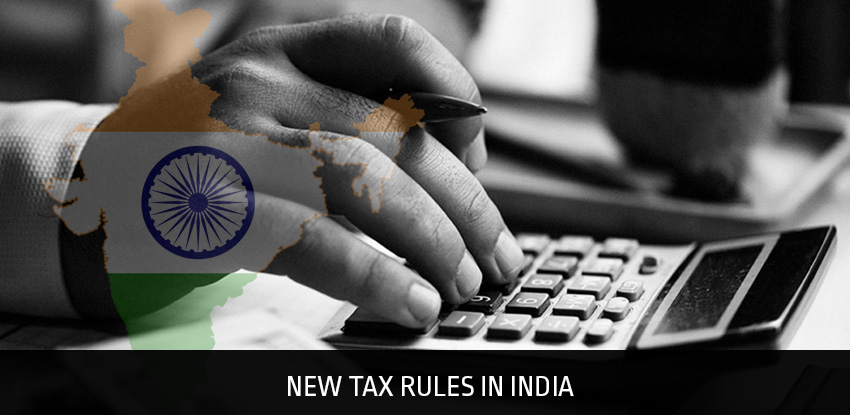Why INCO terms can be your best shipping friend
One common reply when I ask an Importer or Exporter why they chose a particular INCO term to trade with their supplier or buyer is that “it’s just easier”.
Choosing the right INCO term can go a long way to helping your business become more efficient, save costs and be more productive.
Opting for an INCO term for convenience can have its role to play when your shipping is for stock only, single SKU or there are no deadlines for the goods’ arrival. However what happens when that shipment you were expecting arrives late, hasn’t yet left its expected departure date, lose an order with a valued client to a competitor or the goods are damaged in transit and you have to re-order more stock, sometimes by air, to fulfil an important order. Who do you run to, to sort out the claims, or locate the lost or delayed cargo? Some INCO terms will mean the control as to how to deal with these issues, are out of your hands making a resolution difficult protracted and frustrating.
INCO terms can transform your business
If, as a regular Importer or Exporter, you buy or sell using Ex Works then there are pros and cons using this term.
EXW means that the Exporter is responsible for the goods to be delivered to their warehouse door in a condition suitable for shipping, that is, packed and ready to go. It’s then up to the Importer, your destination customer, to arrange collection and subsequent shipping.
One of the advantages for Importers is that you can delegate who to ship with and who clears the goods through customs and other government bodies on departure and arrival. It allows your Freight Forwarder’s representative at the point of origin to act on your behalf when it comes to managing the information regarding the supply and readiness of your Purchase Orders. This can be an advantage for Importers when Suppliers are running behind on orders and try to blame the delay on other factors. Having your Freight Forwarder’s agent managing the EXW date will give you some confidence of the real reason for that delay in shipping. If you use the services of a proactive Freight Forwarder important Purchase Order information is more readily accessible which could be an advantage against your competitors.
Ex Works however can have the opposite effect when exporting. As an exporter your responsibility is to make the goods available at your warehouse door. All responsibility for shipping and insurances are then in the hands of your international customer.
This can mean that the number of trucks entering and leaving your warehouse is managed by yourself as are the number of freight companies calling to plan their pick up even though your responsibility for shipping ceases at your warehouse door.
What if you export to various countries or to various buyers in one country? It’s likely they all do not use the same Freight Forwarder. So what does this mean for you and your team? Endless calls to your department from various Forwarders trying to plan collection, multiple transport companies arriving to collect goods that may be going to the same destination but for different customers.
Let’s face it not all transport companies are punctual, many waterhosu7es have set times for inbound and outbound freight. Having to deal with transport companies arriving too late or too early has its obvious pitfalls.
Ex Works may sound easier when exporting because you are not responsible for the logistics as soon as it leaves your warehouse but do you really escape the logistics planning if you or your team is constantly dealing with multiple forwarders and transport companies for collection?
For companies looking for a less complicated solution , selling or buying your goods FOB (Free On Board) could be the answer.
FOB has many benefits not only for Importers but, unlike Ex Works, for Exporters as well.
FOB simply means that the supplier/ exporter, is responsible for the goods to be delivered to the point of export. In the case of Seafreight FCL’s it could be the port of export, in the case of LCL sand Airfreight, it could be a consolidation depot. FOB allows for the Exporter to plan who collects the freight and when they collect the freight for shipping. FOB shippers will usually use their preferred Forwarders and/or transport companies thus relieving the warehouse of the problems that can be faced by EXW shippers. This takes the frustration of managing the despatch of the goods off your team as they control the supply chain. No more phone calls from numerous forwarders asking for freight, no more transport companies arriving to collect the freight.
For a company that has many exports reducing the volume of enquiries from 3rd parties could be enough to make your teams more efficient and productive.
It is not uncommon for Importers to say that their supplier prefers CIF. This could be the case when a multinational company has a global contract with selected Freight Forwarders, however, when that is not the case, a supplier may simply preferring CIF to avoid the numerous Freight Forwarders and transport companies approaching them for the reason I have already described.
CIF is the term used when the supplier is responsible for the goods all the way to the port of destination.
For companies that do wish to take some control of their shipping, try requesting sale terms on FOB terms. This will give the supplier control of the local transport and export formalities with their chosen service provider, and then hand the responsibility of the shipment to your preferred service provider for the international leg.
By considering FOB the Exporter avoids the scenarios I have already mentioned for EXW And keep some control as to who contacts and enters their premises.
CIF can get messier when shipping out of China. One of the issue with CIF ex-China is that suppliers don’t necessarily stay with the one export forwarder when shipping their goods overseas. It’s not uncommon for CIF shipments to arrive from a supplier over a period of time under the care of different forwarders. This can make tracking the whereabouts of a shipment very difficult as, although you have the vessel name, you may not have the clearing agent’s details in the port of destination. It may not be until the paperwork has been received that you get to find this information out. By then it may be too late to placate an irate customer who wants to know when they will see their order. It could lead to your customer looking for a new supplier who can give them accurate and timely delivery information for their orders.
It’s not unusual for suppliers to agree to FOB terms if asked
There are other INCO Terms commonly used in International Trade and as the rise of couriers and trading with China has become more prevalent Dorr to Door shipping has become more popular. The issue with Door to Door shipping is that the control is in the total control of the Exporter. Supply Chain information can be difficult to obtain, especially if the Exports chops and changes service providers.
The most common Door to Door terms used are Free into Store (FIS) – where all costs including Import Duty and VAT/GST is included in the price of the goods or Delivered Duty Unpaid (DDU), where the all charges expect Duty and VAT/GST is included in the price of the goods, The duty / GST / VAT is paid by the Importer.
These INCO Terms have their place in trading, for many Importers, it’s used for the shipping of samples or non – time sensitive products, where the speed of the supply chain is not too important.
Every INCO Term has its place in International trade, each has its advantages and disadvantages. The important thing is to know which INCO term best suits your needs, which will make you more competitive in your marketplace and help your run an efficient supply chain.
It is only after you have compiled these needs that you should contemplate which 98INCO best suits you.
DOWNLOAD PDF FILE
INCO Terms Guidelines


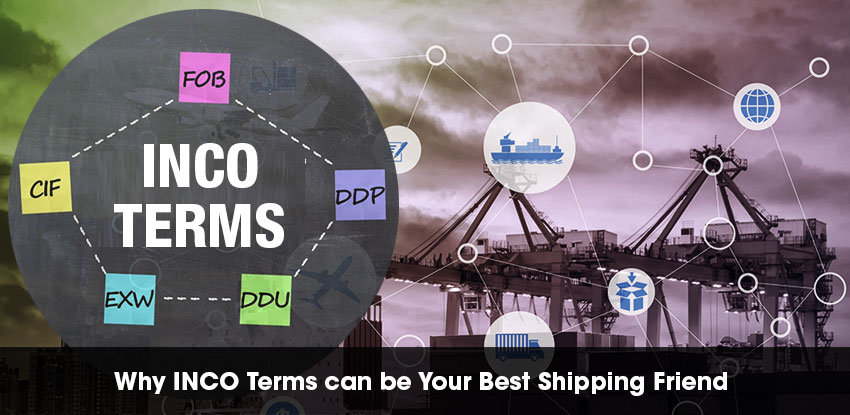
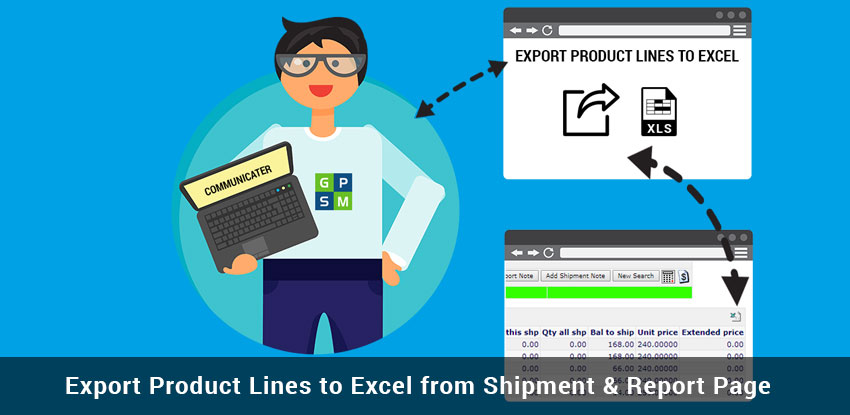
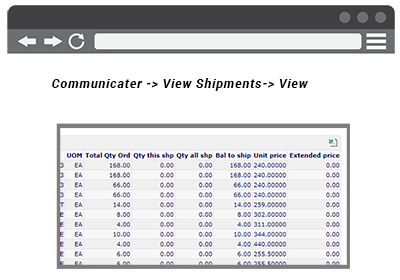
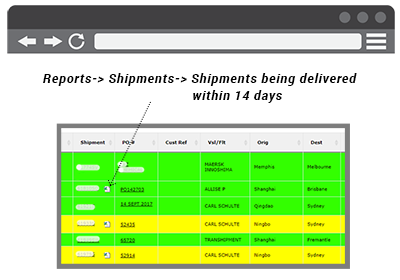
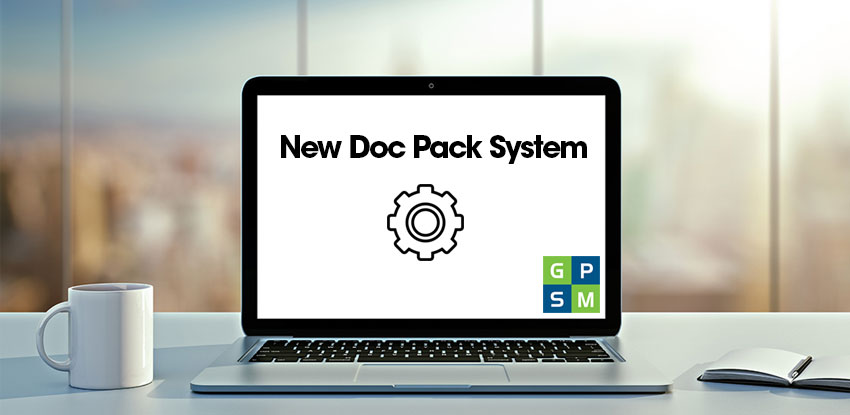
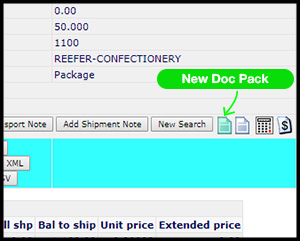 the original doc pack. The green symbol is the new doc pack. You can also hover over a doc pack, it will say either “Old Customer Doc Pack” if the older format and will say “Customer Doc Pack “ if new format.
the original doc pack. The green symbol is the new doc pack. You can also hover over a doc pack, it will say either “Old Customer Doc Pack” if the older format and will say “Customer Doc Pack “ if new format.

